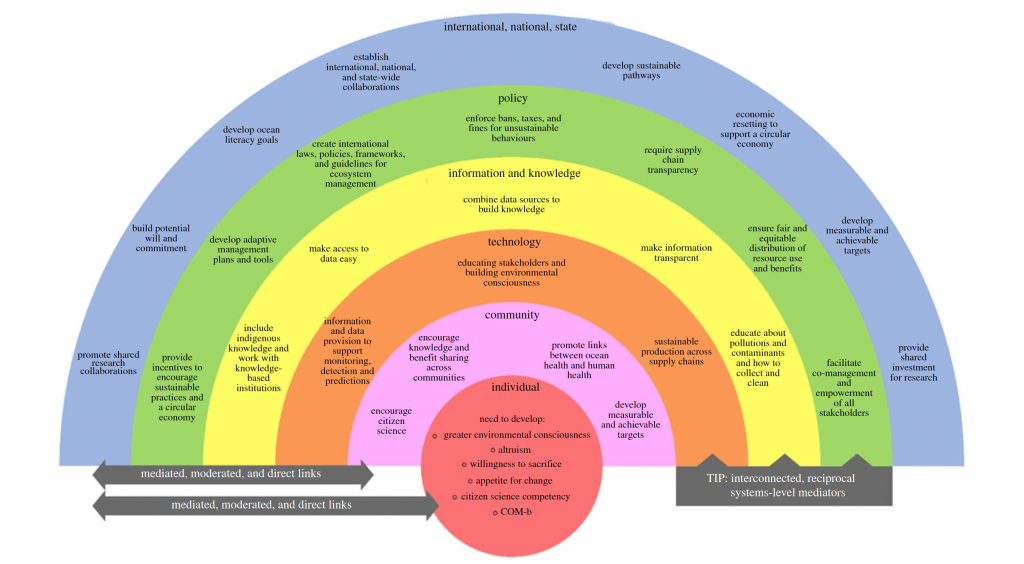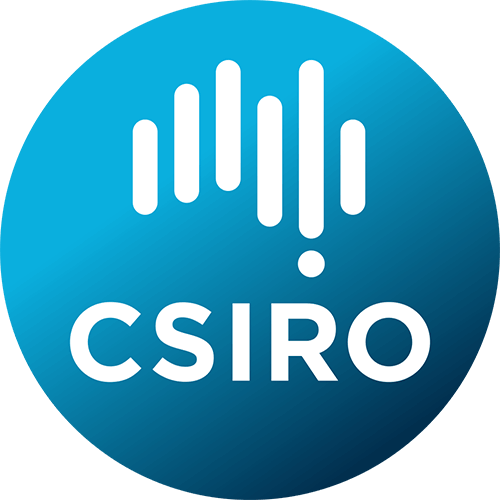Contact Us
#futureseas2030

S2: Driving Desirable Change
The super wicked problem of ocean health: a socio-ecological and behavioural perspective
Summary
We are dependent on our oceans for economic, health and social benefits; however, demands on our oceans are escalating, and the state of the oceans is deteriorating. Only 2% of countries are on track to achieve the desired outcomes for the sustainable development goal (SDG 14) for the oceans by 2030, and the changes needed to prevent further degradation, or limit the impact of existing degradation, are not being undertaken fast enough. This paper uses a socio-ecological lens to explore the nature of actors and behaviours for change at the local, community, state, national and international levels, and introduces the need for technology, information- and knowledge-sharing, and policy as interconnected mediators, that work both in concert, and independently, to address the ‘super wicked’ problem of ocean health and to promote resilience. We recommend the need to develop transformational teams and leaders, as well as transformative policies within a holistic and integrated system to ensure ocean health initiatives are greater than the sum of their parts and are actual, realistic, achievable and evidence-informed pathways to change.
*This paper was published in the Philosophical Transaction of the Royal Society B Journal
Infographic

Lead Investigators

Assoc Prof Kristy de Salas
University of Tasmania, Discipline of ICT

Dr Kimberley Norris
School of Psychological Sciences, University of Tasmania
Anchor
Co-Authors
Meet our fellow team members who contribute to the success of this project.

Benjamin Schüz
University of Bremen

Jenn Scott
School of Psychology, University of Tasmania

future seas
FUTURE SEAS is a unique collaboration , spear-headed by the Centre for Marine Socioecology, of over 100 researchers from the University of Tasmania (UTAS), the Commonwealth Scientific and Industrial Research Organisation (CSIRO) and other institutions
Contact UsOther Links
Project flyerPartners
Copyright 2026 Future Seas.







